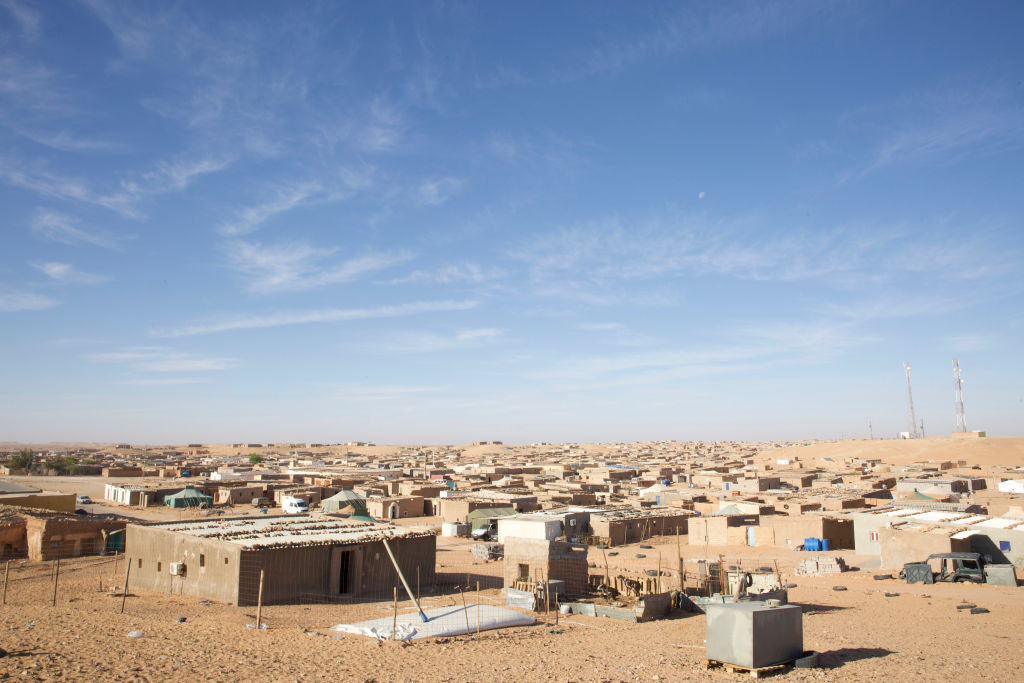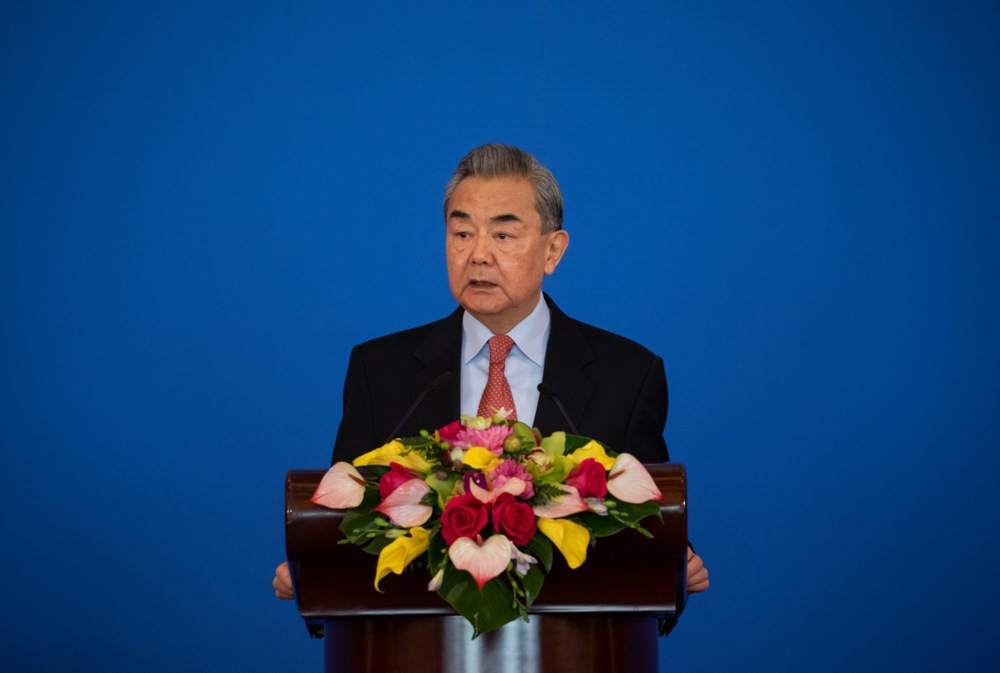MEPs urge Metsola to rebuke Commission over Morocco trade deal
Lawmakers accuse the EU executive of bypassing Parliament and ignoring court rulings

The European Commission’s decision to apply a new EU–Morocco trade deal without consulting Parliament has sparked outrage among MEPs and farmers.
On Wednesday, 29 cross-party MEPs sent a letter to Parliament President Roberta Metsola, urging her to “officially and in no uncertain terms” rebuke the Commission over the move.
They accuse the Commission of three breaches: applying the deal provisionally before Parliament’s approval; ignoring European Court of Justice (CJEU) rulings on the deal; and “rewarding the continued illegal occupation” of the disputed Western Sahara territory by allowing Morocco to benefit economically from it.
Morocco is a strategic partner for the EU, with trade in goods reaching €60.6 billion in 2024. The EU accounted for 59% of Morocco’s total trade.
EU scrambles to save Morocco deal with controversial Western Sahara clause
The Commission has proposed amending its trade deal with Morocco to comply with an EU…
3 minutes

Commission under fire in Parliament
The letter follows a heated session of Parliament’s trade committee (INTA) on Monday, the first time officials were questioned since the deal took effect provisionally on 3 October.
In the meeting, Commission officials Valeria Miceli and Isabel García Catalán (DG TAXUD) defended the move as legally justified and time-bound.
Miceli said the Commission conducted a “thorough legal analysis” following the court rulings and received “the political signal” from Morocco in July 2025, leading to Council authorisation in September and signature on 3 October. García described the framework for negotiating the deal as “extremely difficult” and a “very sensitive political issue,” citing the need to avoid trade disruption.
Parliament trade chief calls Commission’s handling of Morocco deal ‘outrageous’
A rushed move to fast-track a Morocco trade deal before the EU top court’s deadline…
3 minutes

Labelling at the heart of the dispute
Under the new arrangement, products from Western Sahara receive the same tariff preferences as Moroccan goods.
According to the Council decision, these products will be identified by their region of origin – Laâyoune-Sakia El Hamra and Dakhla-Oued Eddahab – reflecting Morocco’s administrative divisions, rather than explicitly labelled “Western Sahara.”
In turn, the EU will adapt its IT systems to recognise Moroccan names, as administration systems previously only list countries or territories in origin labels, not regions.
MEPs argue the approach fails to comply with the Court’s demand for clear differentiation, and risks misleading EU consumers about product origin.
Farmers and fishers push back
Mireia Borrás (PfE, Spain) said the agreement “does not comply with the 2024 court ruling” and accused the Commission of acting “behind Parliament’s back.” She warned that Moroccan fruit and vegetable exports to Spain rose 30% in early 2025 while EU producers’ sales “have dropped sharply.”
“This agreement is making our farmers suffer, and it’s being tolerated by Brussels,” Borrás said, demanding clear labelling that explicitly states “Western Sahara.”
Carmen Crespo Díaz (EPP, Spain) called Morocco “a key partner” but criticised the Commission for treating the deal as a fait accompli, noting that the fisheries protocol expired in 2023 and has yet to be replaced.
Under the previous agreement, Morocco received €52 million annually for licences to 128 EU vessels. The Commission expects “to proceed now with the other agreement of fisheries,” García said.
Support for the deal came from French MEP Thierry Mariani (PfE), who said Western Sahara “is a Moroccan region managed by Morocco,” adding that farmers’ problems stem from EU bureaucracy, not Rabat.
Farm groups, however, strongly oppose the agreement. Spain’s farmers’ union COAG announced plans to challenge the deal in court, while Copa-Cogeca urged EU institutions “to reconsider the agreement,” calling for transparency on product labelling and respect for international law.
Parliament has not yet received the legal text for negotiations.
(adm, aw)









